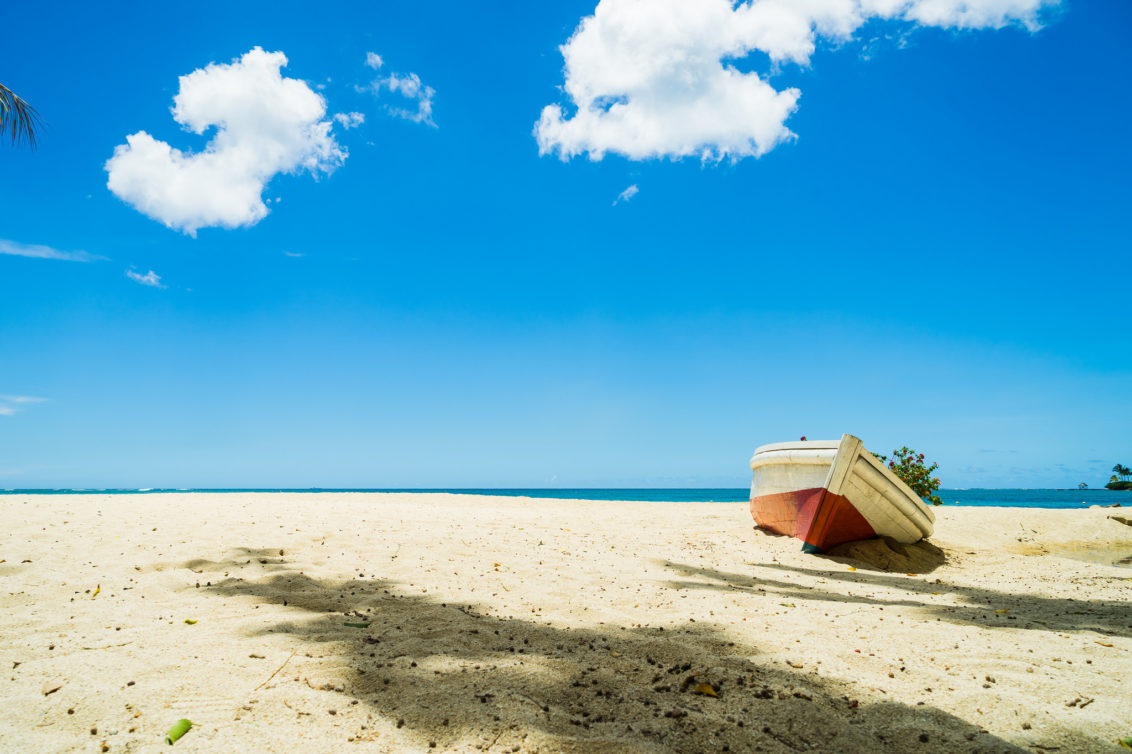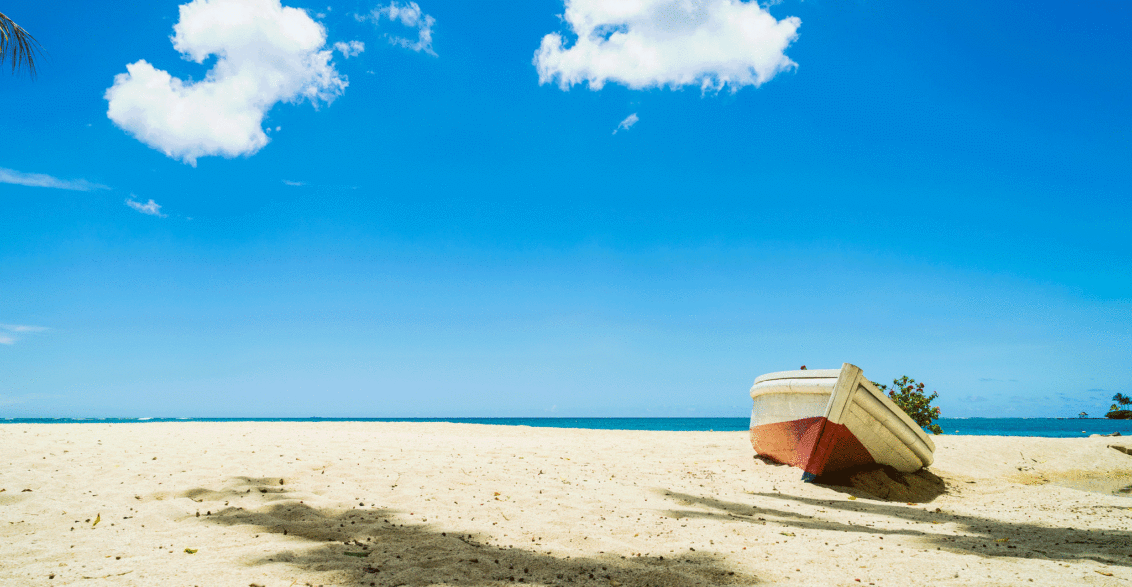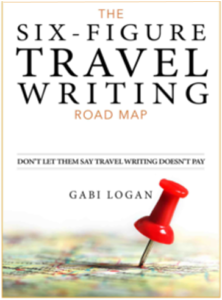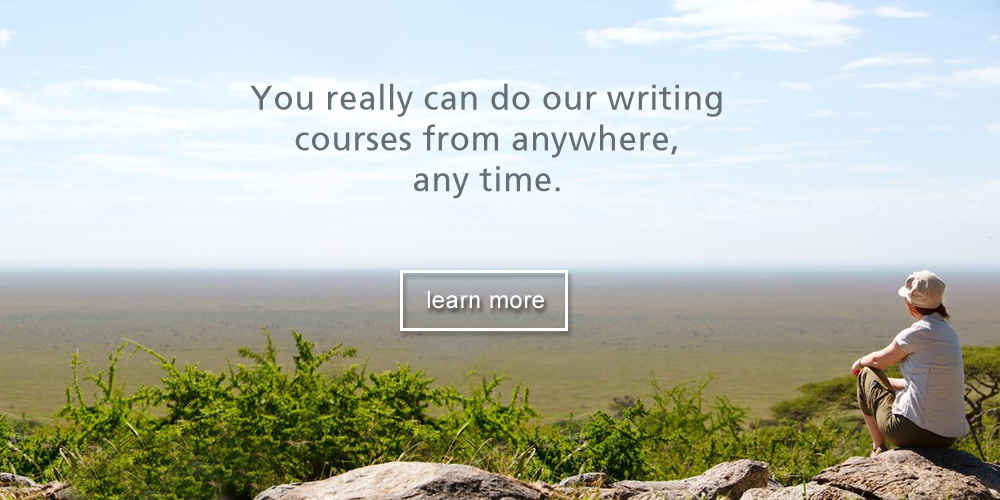Travel writing is a dream job for many aspiring writers. But can you really make a living at it?
DONNA DAILEY chats with Gabi Logan, author of The Six-Figure Travel Writing Road Map and creator of the Travel Magazine Database, for some insights on how to make travel writing pay.
Q: Did you always want to be a travel writer?
A: I wanted to be an Italian professor. Travel writing was the way I was going to pay bills in grad school. I always looked at travel writing as a way to earn money.
This is the one thing I really propone above all else: to approach every piece of work as ‘how is this going to support me?’ Not ‘I want to tell a story’. Because there are so many ways that you can tell travel stories these days, and a lot of them are very highly paid.
Q: How did you achieve financial success as a travel writer?
A: After a bike accident on a trip to Portugal, I couldn’t work for several months. When I finally started again, I sat down for a week or two, and I just pitched. I pitched everybody, I pitched everything, I pitched like it was my job, I pitched the whole day, I just did nothing but pitch. And by the end of that month, I not only had work, but I had doubled my previous income.
Q: What is the main difference between people who make a living as travel writers, and those who don’t?
A: It’s pure motivation. And that motivation is not to have the travel lifestyle; it’s to have a sustainable income. A lot of people are very excited, enamoured, drunk on the lifestyle, and they want to spend all of their time travelling, but they really have no desire whatsoever to do actual work. You have to be honest with yourself.
Q: How can new writers develop their professional skills?
A: You need to have a service provider mentality. You are providing a solution to an editor’s problem by filling a hole in their magazine or website. And if you can demonstrate that you don’t take criticism personally, that you are willing to stick to your deadlines, it will differentiate you and get you work.
Q: How should new writers approach pitching and writing query letters?
A: My number one piece of advice is: audience first. And your first audience is your editor. The editor knows who their readers are better than you do. You need to look at their publication and how it’s set up, rather than pitch them an article that you think is right for them.
I often hear editors say that the writer’s not familiar with their publication. It might be a great idea, but it’s not for us. And that’s the problem. Travel writers think if they just have a good enough story, the editor will find a place for it. But that’s not how magazines are constructed. And that’s the number one thing that keeps people who have everything else going for them, from placing stories. I’ve seen the difference when you pitch something that doesn’t fit vs when you pitch something that’s a really good fit.
Q: Do you have any tips for students on breaking into the big, glossy magazines?
A: Make it a personal experience story, with a quest element, either something tragic or something tragically entertaining. The only way to break into a big magazine on your first time out is to have a truly personal story. If you are new, you can’t sell them something anyone else can write. Send them something that’s both a fantastic story, and one that no one else could possibly write.
I feel very passionately that you should not be learning for free. Regional magazines are one of the best places to hit, because these editors are relying on freelancers to bring them stories. If you have a good idea, they are willing to work with you, because they need you to bring that idea to life, and they can help you with the writing.
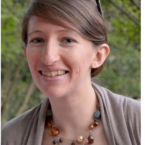
Read more of Gabi Logan’s travel writing tips on her website, Dream of Travel Writing and get free sample chapters of The Six-Figure Travel Writing Road Map. The subscription-based Travel Magazine Database gives pitching information and contact details for hundreds of international magazines.
About the Author
Donna Da
Read Donna’s writing here.
Photo Credit: Mark Fischer










